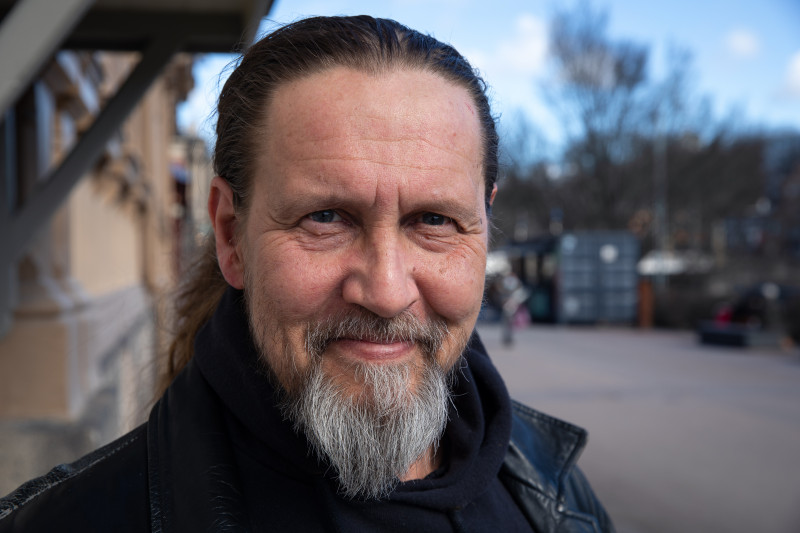The first wave of the pandemic was relatively mild in Turku. However, when the second wave hit the city last August, the number of cases rose quickly. Health care services started receiving more and more enquiries related to COVID-19. The number of people getting tested for COVID-19 also increased.
According to Project Director Tapio Järvenpää, getting tested and receiving the results soon took an unreasonably long time due to the system being overwhelmed.
Solving the problem began with examining whether the work related to counselling, booking appointments, and sharing information, which was currently being performed by health care personnel, could be automated. The task at hand was further complicated by the fact that the various stages of the COVID-19 testing process were overseen by two different public administrative organisations – and that several different information systems were being used for it.
“However, through cooperation, we were able to quickly create a system in which the customer is able to book an appointment for testing directly through a digital symptom assessment service and a robot creates a referral for the laboratory. We also built a system in which the robot sends the customer an SMS message of the result as soon as it is received and enters it into the national patient data repository.”
Before the new system was implemented, the time it took from assessing the symptoms to taking the sample and receiving the results was 3 to 10 days. Now it is only 24 to 36 hours.
“The waiting time for the customers has been minimised. Quick tests and results help manage the pandemic. They have also freed up a lot of health care staff from mechanical work to actual health care related tasks.”

Robotic advice in one hundred languages
Turku has also created an artificial intelligence application which shares basic information about the pandemic with the citizens in nearly one hundred languages.
“We wanted to take into account the 10 per cent of citizens who speak something other than Finnish, Swedish or English as their mother tongue. This solution also helps keep counselling telephone services from getting too busy.”
Customers can ask a question from the robot in their own native language and the robot recognises the language and provides an answer in the same language. The multilingual whizz fetches its data from reliable sources: The City of Turku website and the website of the national expert in fighting the pandemic, the Finnish Institute for Health and Welfare.
According to Järvenpää, the data and digital modelling are also constantly helpful in creating a situational picture of the pandemic and making decisions, for example:
“When there was a notable cluster of COVID-19 infections among exchange students in Turku, we were able to react quickly with quarantine measures and more efficient supervision. This is thanks to models of the spread of the virus, which demonstrated what would happen if we did not take these measures.”